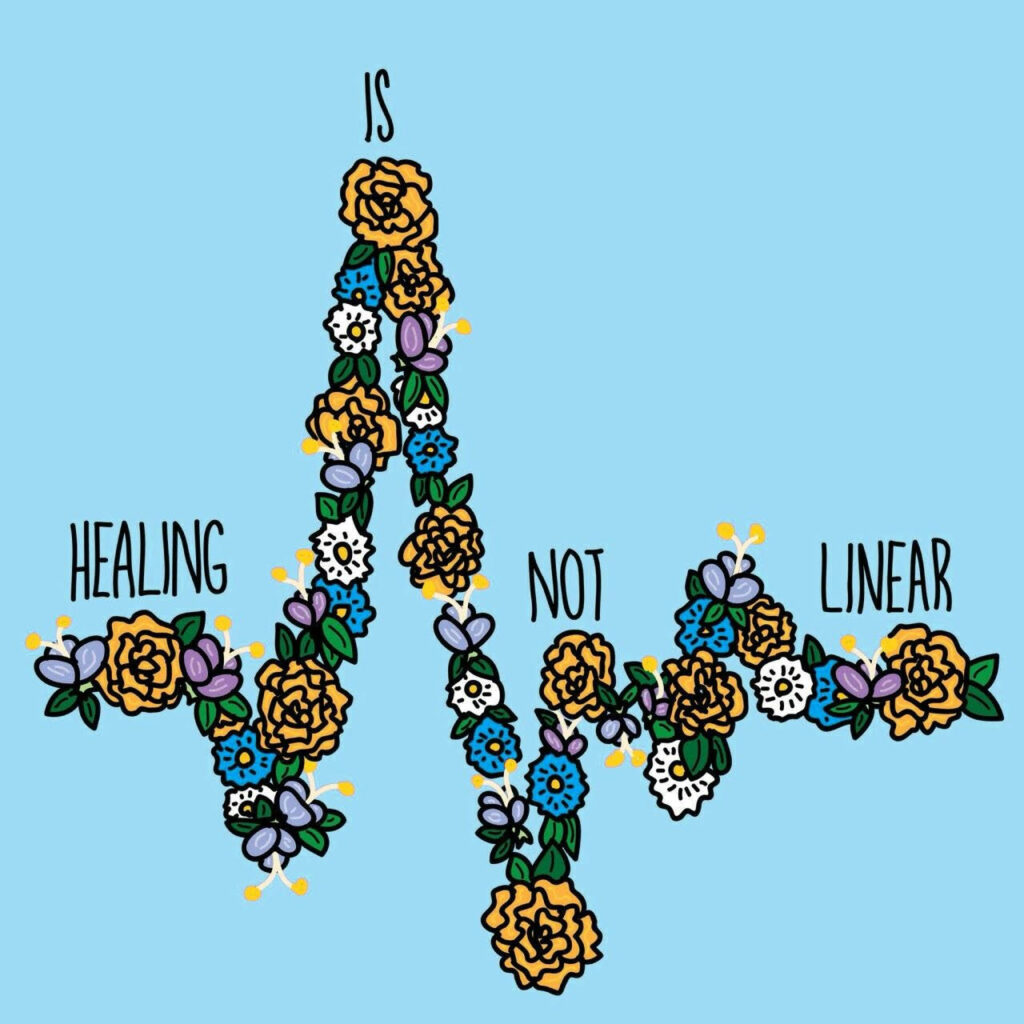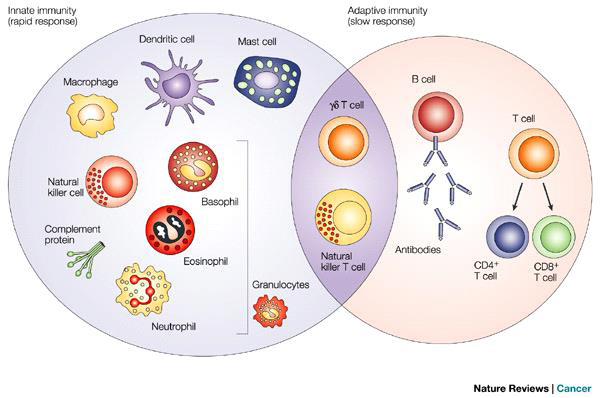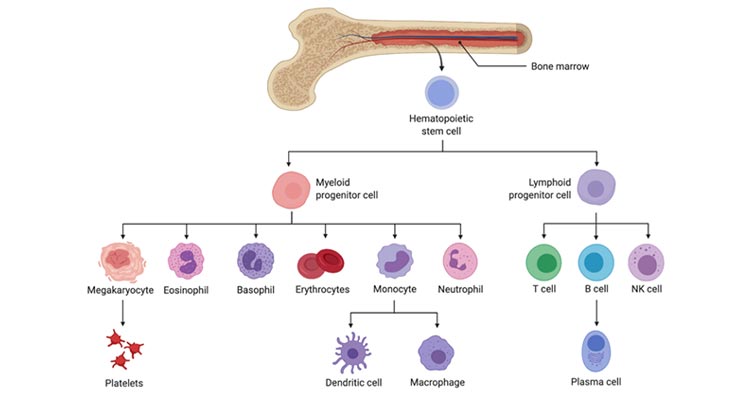The last time I had a blog was back in the middle school Xanga days circa the 90s. I’m pretty sure the background was my childhood crush Michael Vartan from Alias and I’m not even sure what I rambled on. This time, though, it’s a little different. It’s only just a life altering year.
As many of you know, I’m going to be getting a bone marrow transplant this year. 2024 is going to be pretty awful, but it is also going to be beautiful. In between feeling terrible and not wanting to eat, I want to commemorate this period of my life and share snippets with you all of what I’m experiencing. Some days I’ll be sad that this is the reality of my life and maybe I’ll post an ugly cry on Tik Tok or Instagram (likely not); other days I’ll be so grateful that we’ve come so far along in science that this is even possible.
Regardless, at the end of the day, I am so thankful to have the support of my village to get through this process. Thanks for coming along on this non-linear journey of healing.

Okay but first things first. Why the hell do I even need a transplant? Buckle in. Let’s talk science.
The Immune System
In a nutshell, the immune system is meant to help fight off illness. The immune system is made up of a network of cells, tissues, and organs that work together to protect the body. The immune system has is made up of two parts – the innate immune system and the adaptive immune system. They work closely together and take on different roles in ensuring a person stays healthy.
Innate Immune System
When a bug comes into your system, your body also has a first line of defense who will recognize that said bug is not supposed to be there. This is your innate immunity and is seen as a rapid response to invasion. They’re not very specific defenders. They just know when something is not supposed to be there and they frantically set out a response to get the bigger guns to come by and tell them to GTFO. The innate immune system has only limited power to stop germs from spreading and consists of protection from your skin and mucous members and protection from immune cells and proteins.
Adaptive Immune System
The adaptive immune system takes over if the innate immune system is not able to destroy the germs. It is much more specific and targets the germ that is causing infection, but because it is much more specific and has the ability to “remember” germs, it is slower to respond. The adaptive immune system is made up of T cells, B cells, and antibodies (which are made from B cells).

What’s NFKB1?
One of the genes that regulates immune function is NFKB1 and it is essential to an effective innate and adaptive immune response. The signaling pathways influenced by NF-κB play a fundamental role in B and T cell development.
I happen to have a mutated copy of NFKB1 from my mom. You need two normal copies of NFKB1 to create normal proteins, and because I only have one good copy, I’m not able to make normal proteins that are important for the pathways of a functional immune system. Thus, I have a bunch of immune dysregulation.
Whats My Diagnosis and How Does It Show Up?
I was diagnosed with common variable immune deficiency (CVID) in 2001. CVID is a primary immunodeficiency (PI). PIs are a group of more than 450 rare, chronic conditions in which part of the body’s immune system is missing or does not function correctly. These conditions are caused by hereditary genetic defects and can affect anyone, regardless of age, gender, or ethnicity. According to the National Institutes of Health, there are approximately 500,000 individuals in the U.S. with a PI. Even with treatment, most PI diagnoses do not have a cure; however, lifelong immunoglobulin (Ig) replacement therapy, which replaces antibodies the body can’t sufficiently produce, allows many people with PI to live healthy, productive lives.
In my case, my body doesn’t make B and T cells very well because NFKB1 is important in these pathways. Because my B cells and T cells are very non-functional, I’m not able to make very many antibodies. It’s also one of the reasons why my titers on my vaccines are always very low. Even though I’m vaccinated, it’s unlikely that I have very many functional antibodies that would actually help me if I were to be exposed to something like COVID or measles or really any pathogen. Because I don’t have the ability to make them on my own/make very few, I have to get antibodies, or immunoglobulins from blood donors. Basically, thousands of people’s antibodies are pooled together and given to me so that I have the ability to fight off infections when foreign things come into my body. Unfortunately, immunoglobulins are cleared out of the body so I need to get IVIG every 3 weeks to keep my antibody levels at a range that is normal. You can kind of think of my as a more mild form of the bubble boy.
Another one of the immunoglobulins that are important in immune function is IgA. It’s found in mucous membranes, mainly the respiratory and digestive tracts. It’s also found in saliva and tears and your sinuses. Because I have very low IgA, I often get chronic sinus infections and upper respiratory infections like pneumonia or bronchitis. Over the years, I’ve had four sinus surgeries to help drain them more easily. And because of repeated pneumonias, I have permanent scarring in my lungs (bronchiectasis) so don’t mind me when you hear me huffing and puffing when I’m exercising. I often also have GI issues (they technically call it CVID-associated enteropathy), but what that reallly means is that I’m always super conscious of where the bathroom is in case I gotta GTFO and run to the restroom to #2.
I also have random skin problems ranging from eczema to psoriasis on my scalp to vitiligo (white patches). All of this is explained by autoimmune dysregulation but also we don’t really know what sets it off, when it’ll happen. It’s all very confusing and I have definitely stumped my doctors many times.
And lastly (at least for now), I also have Evans syndrome. This is a compilation of low hemoglobin (the guys who carry oxygen to your body), low platelets (the stuff that helps you clot), and low white counts (immune cells). They are lower than normal but sometimes when I get a flareup, my body will somehow decide to attack itself (like my own platelets), which then puts me at danger for spontaneous bleeding if my platelets drop low enough. Other times, it’ll decide to get rid of my own red blood cells and my hemoglobin will drop very low which means i’ll feel extremely short of breath and fatigued.
Overall, this NFKB1 mutation has effects all over my body, and the hope of this transplant is that by deleting “me” and putting in my brother’s normal genes and thus a normal copy of NFKB1, I’ll have a functional immune system that will operate like it’s supposed to.
